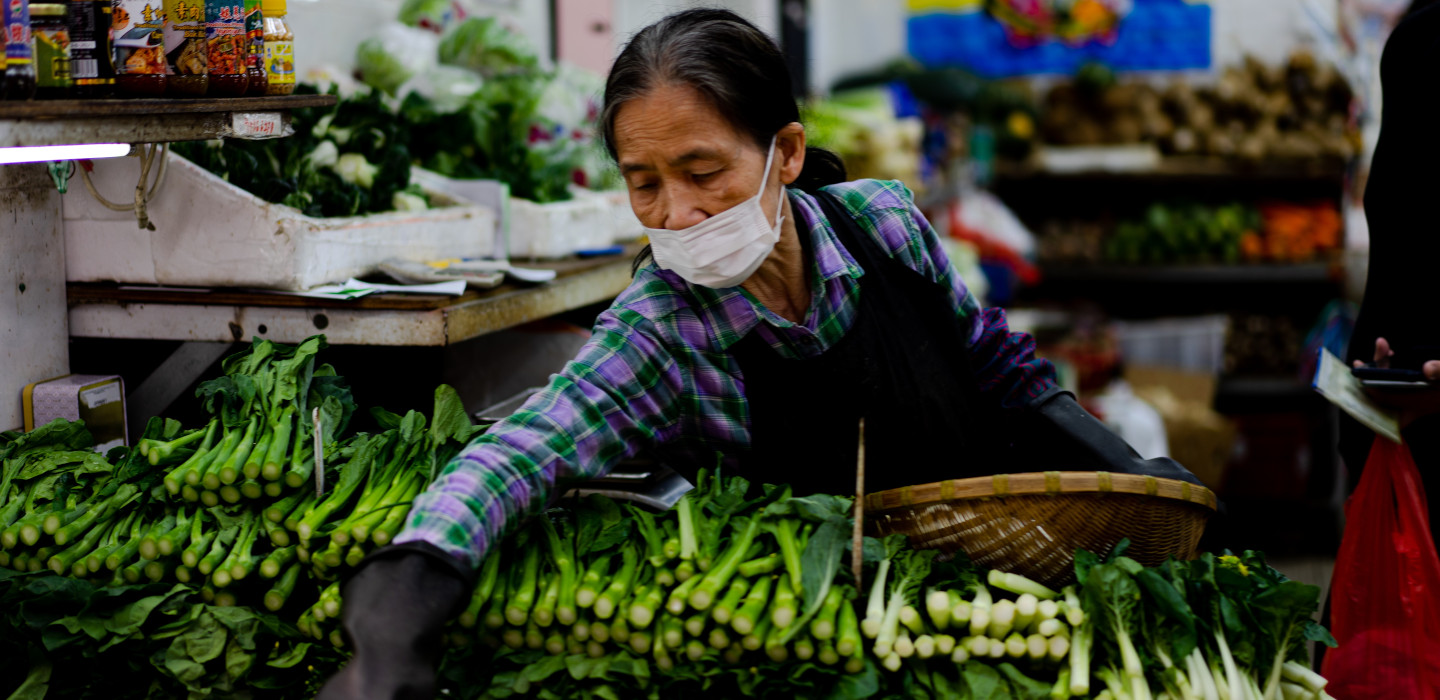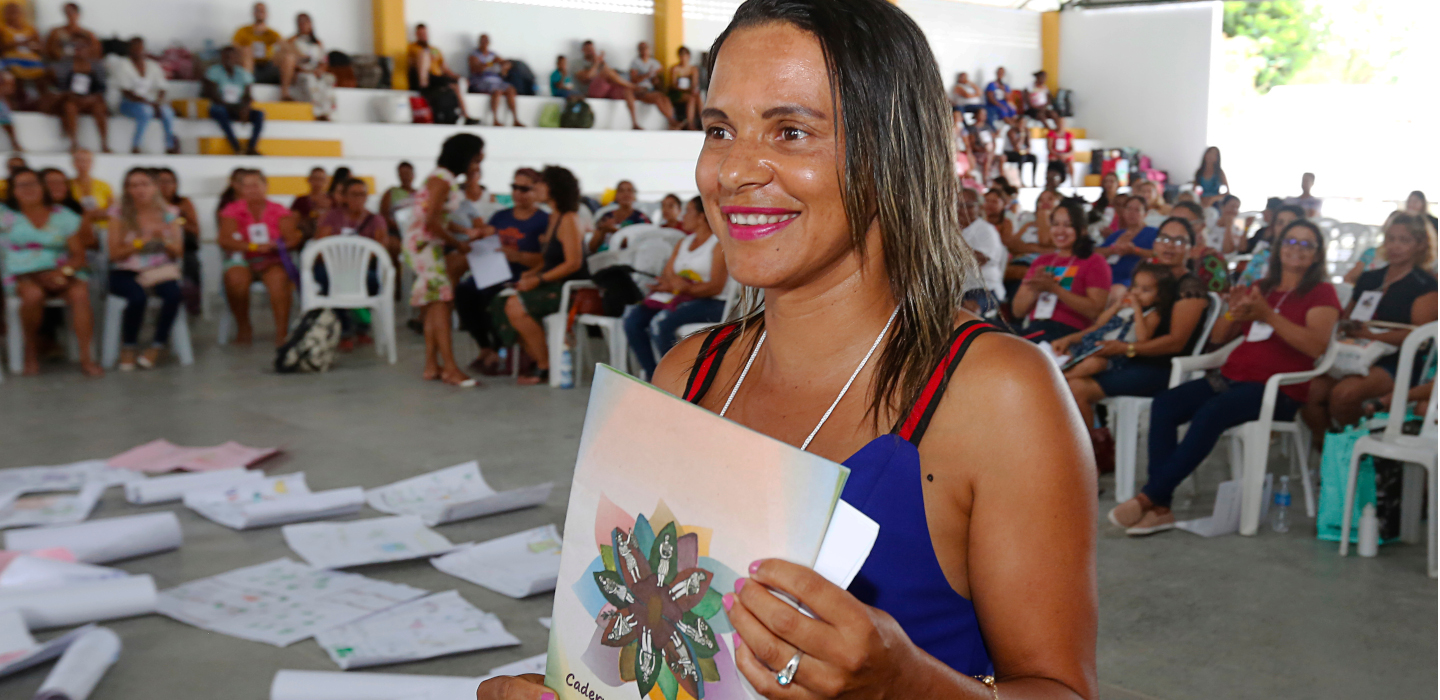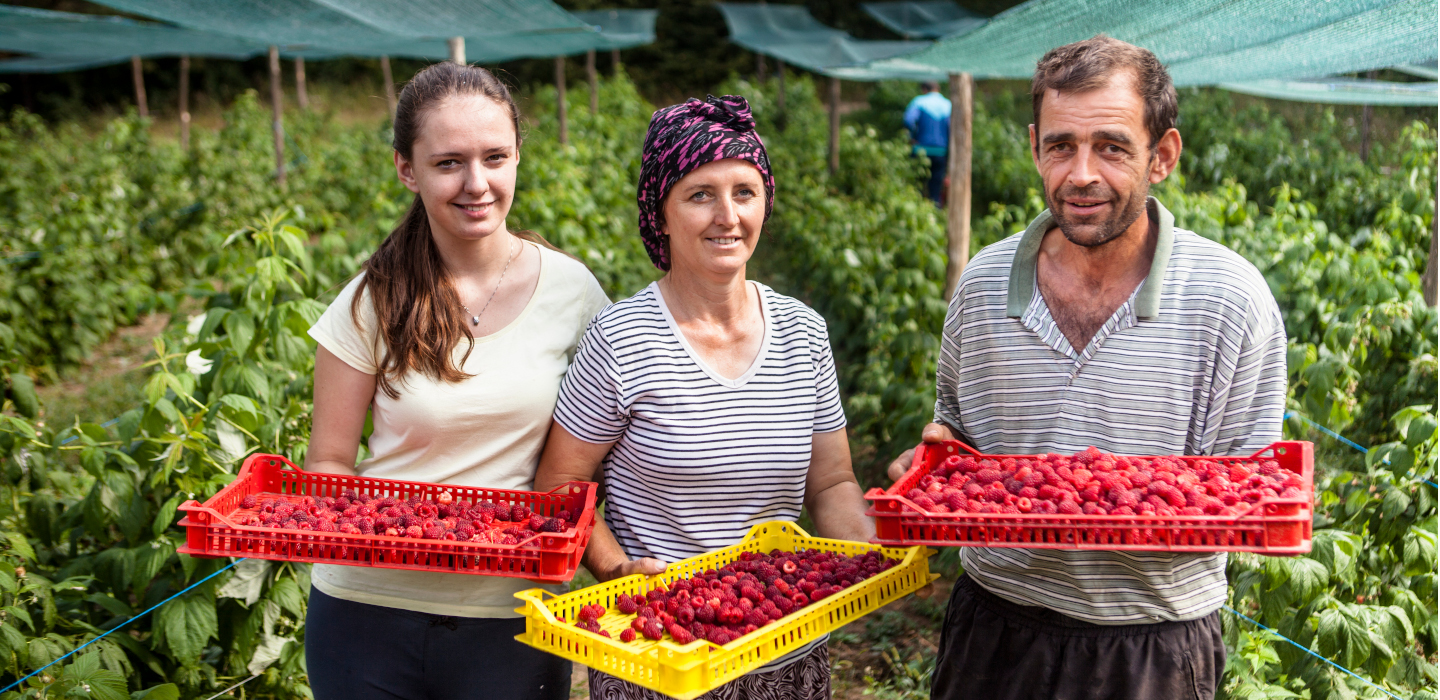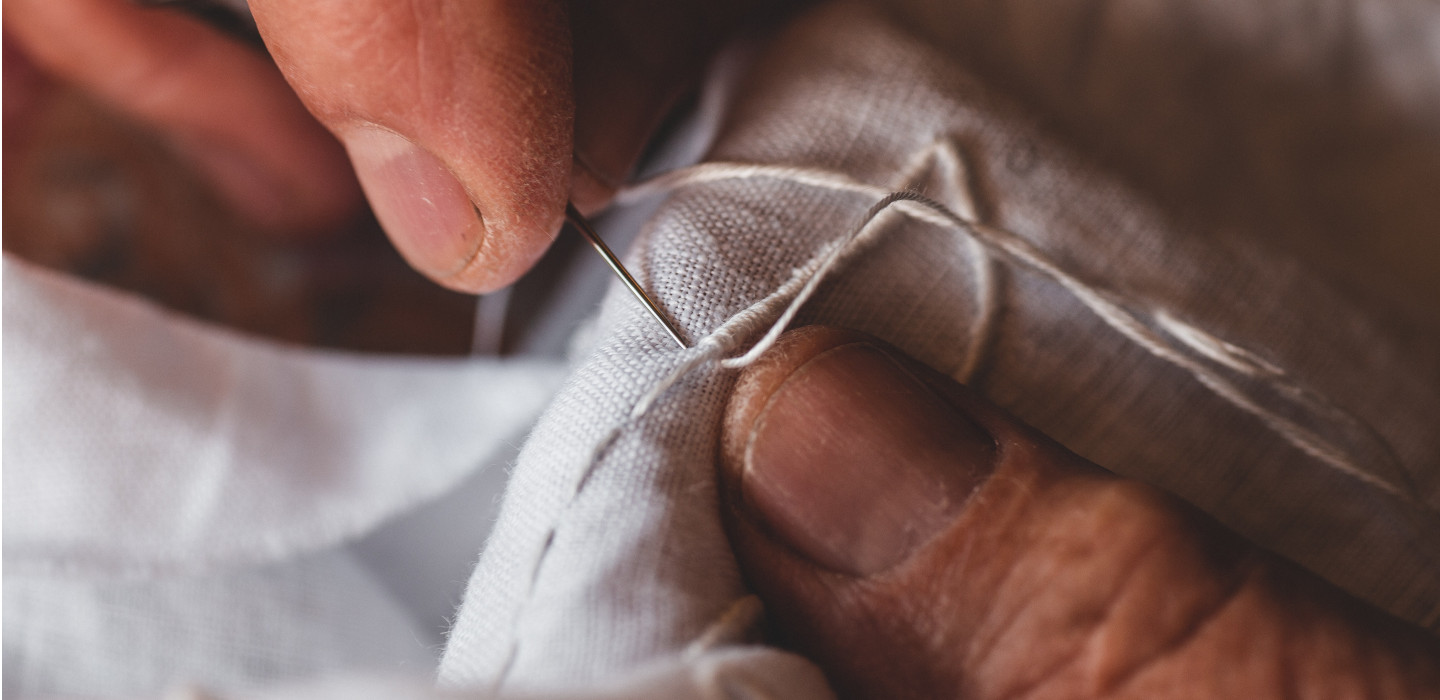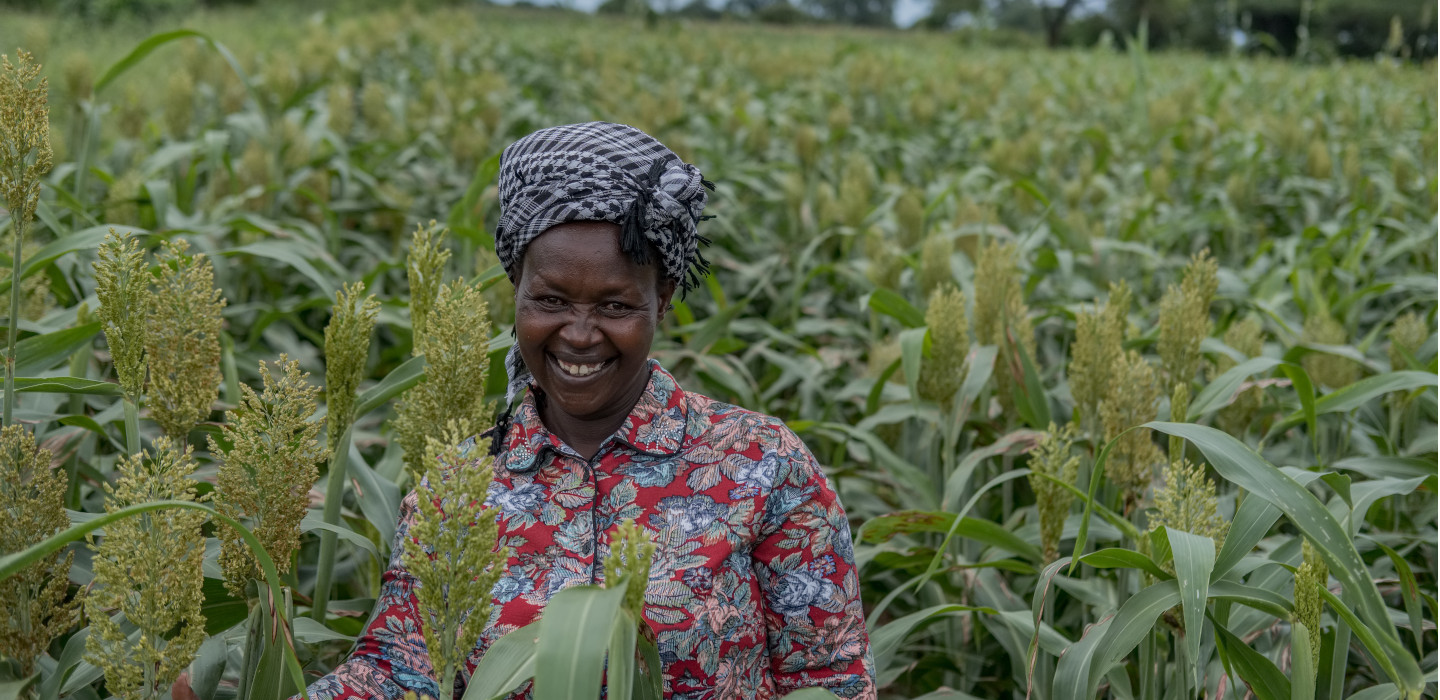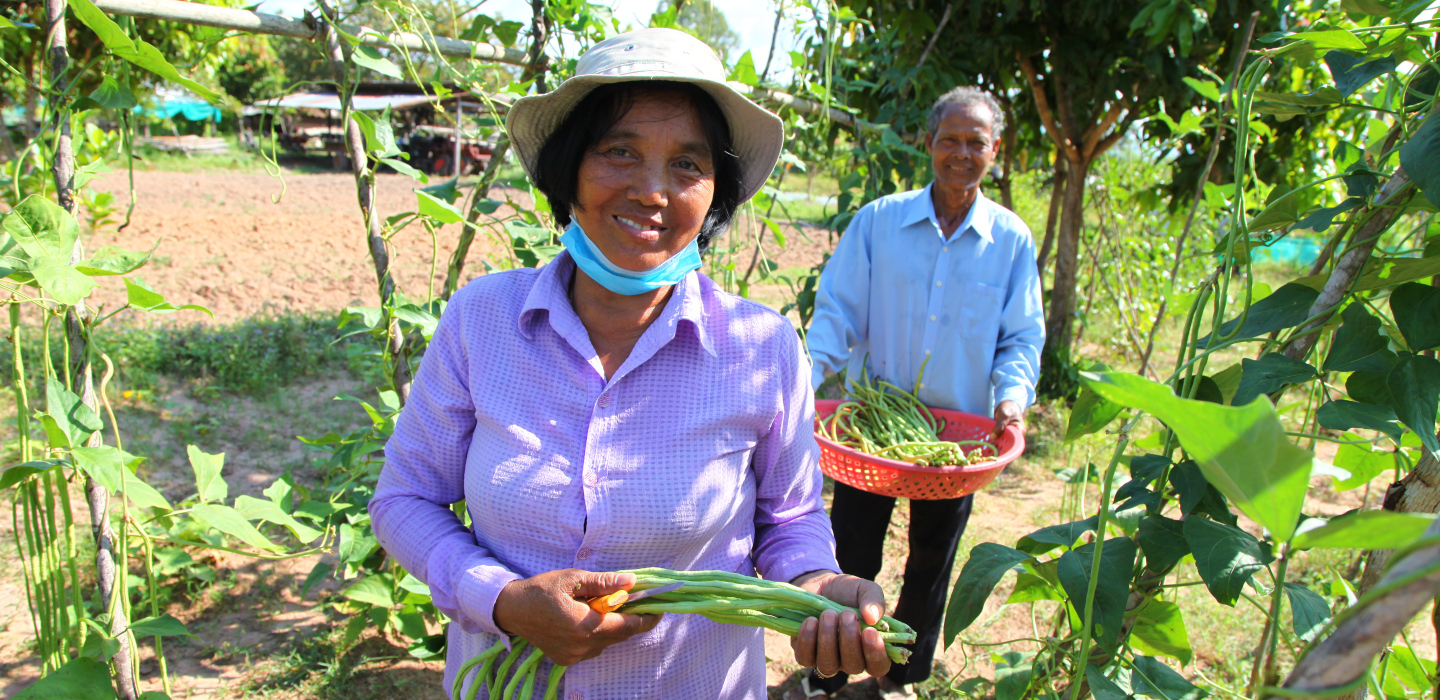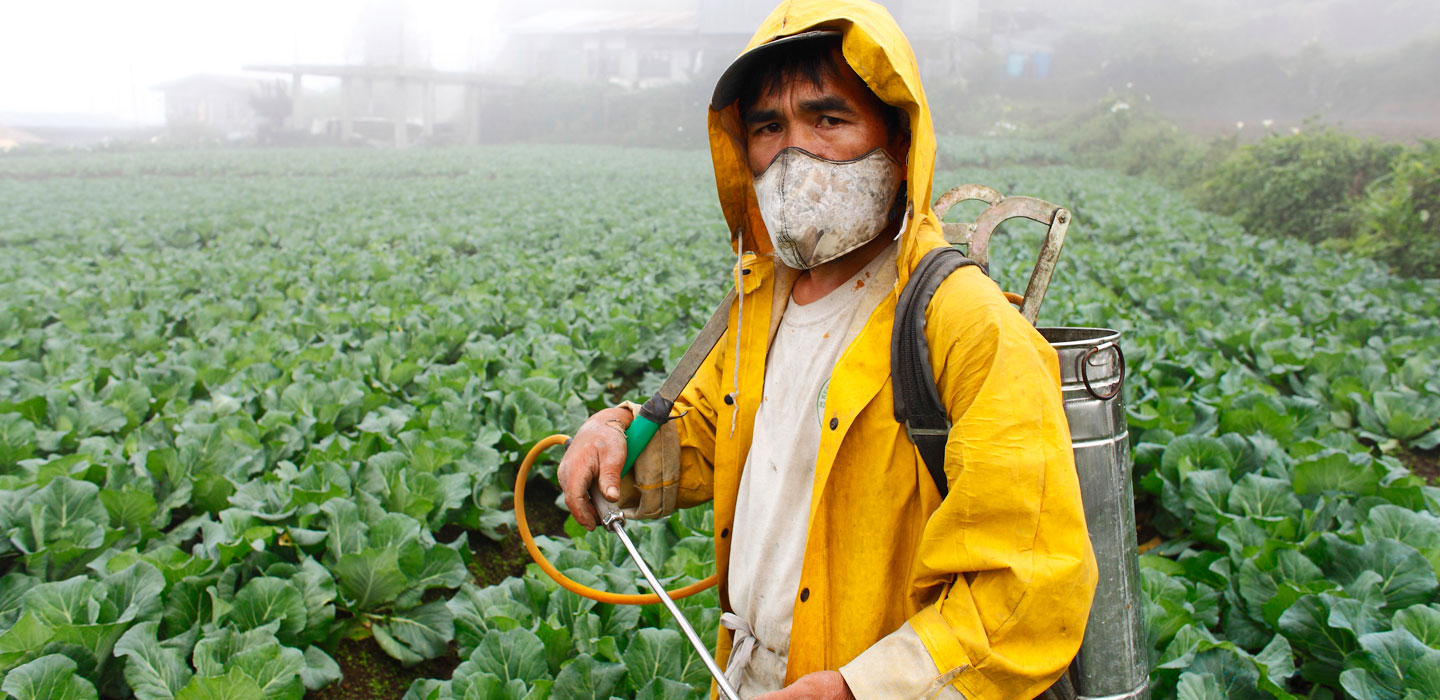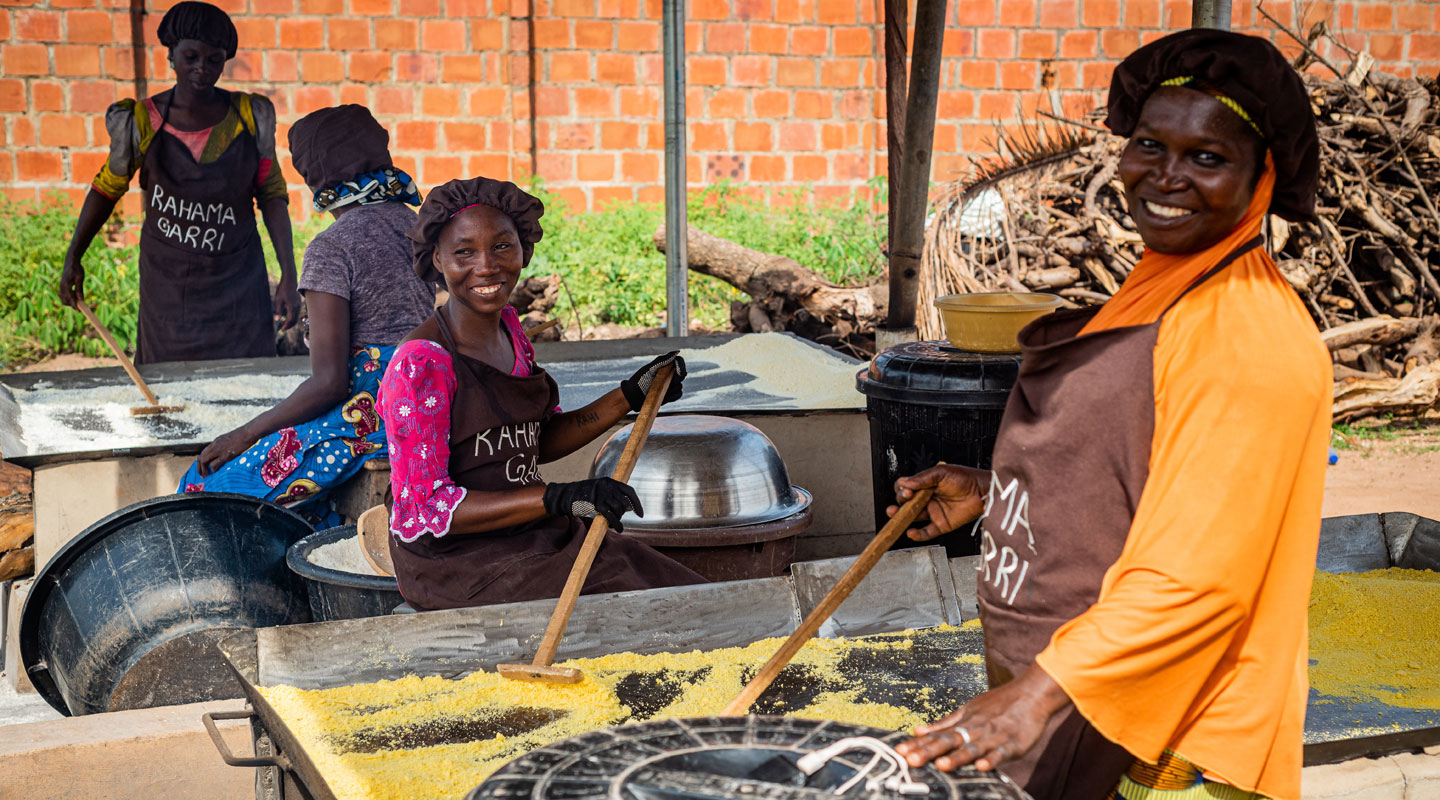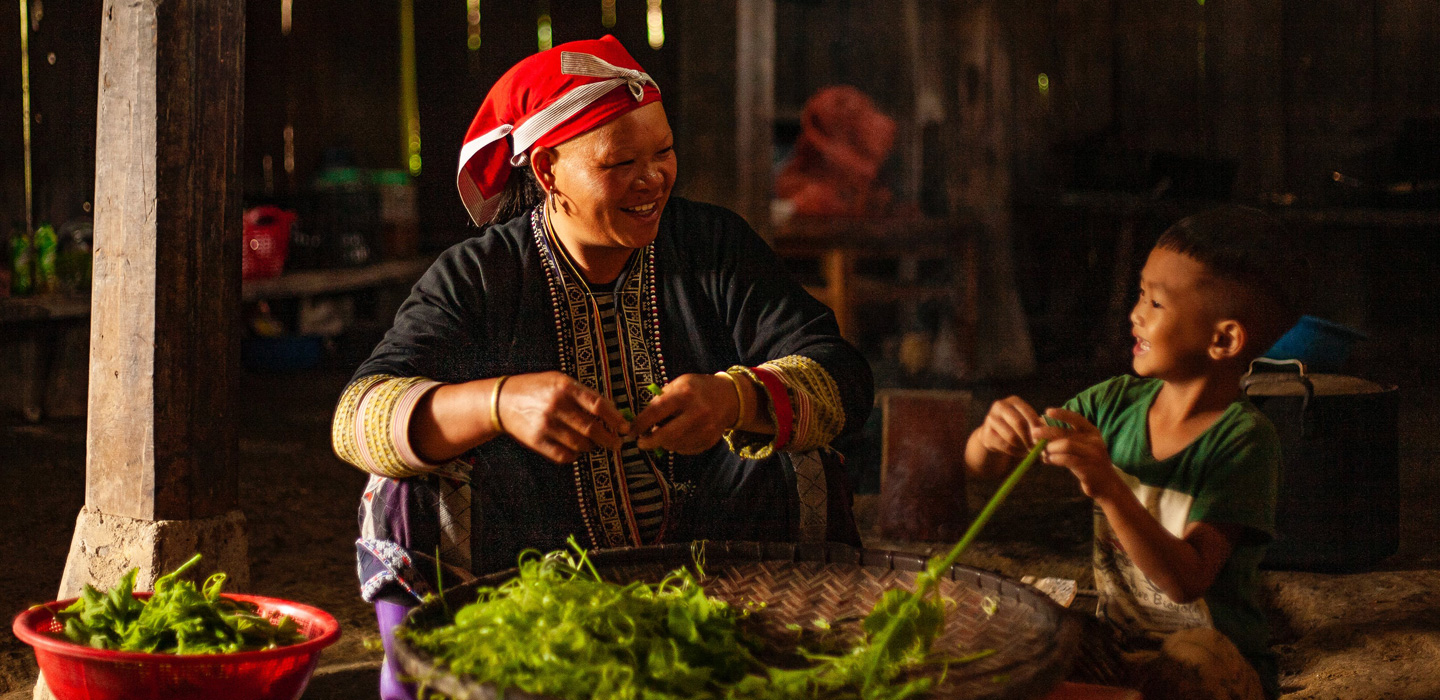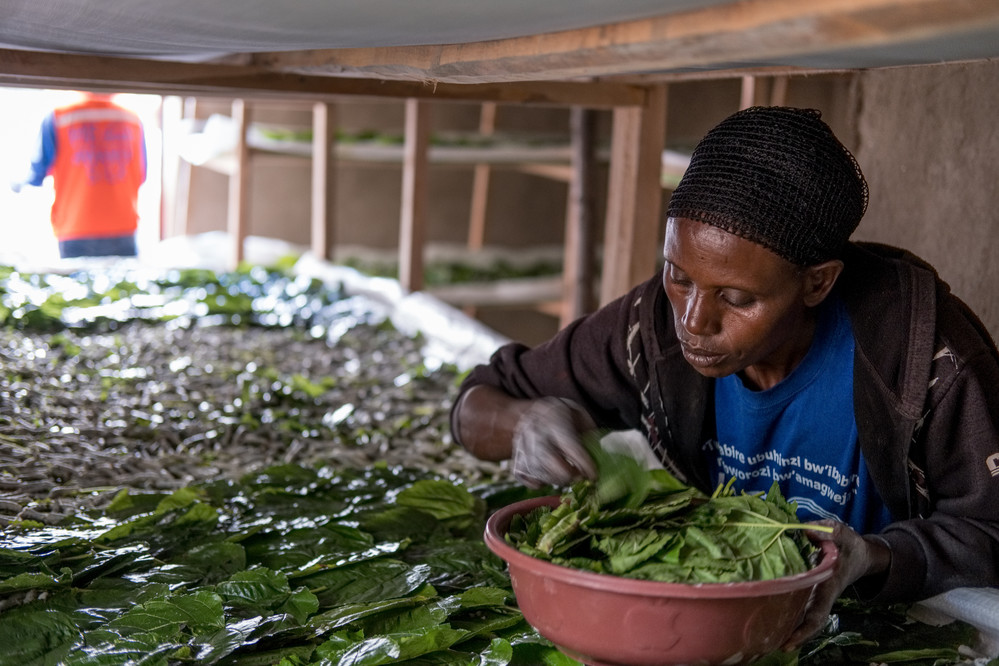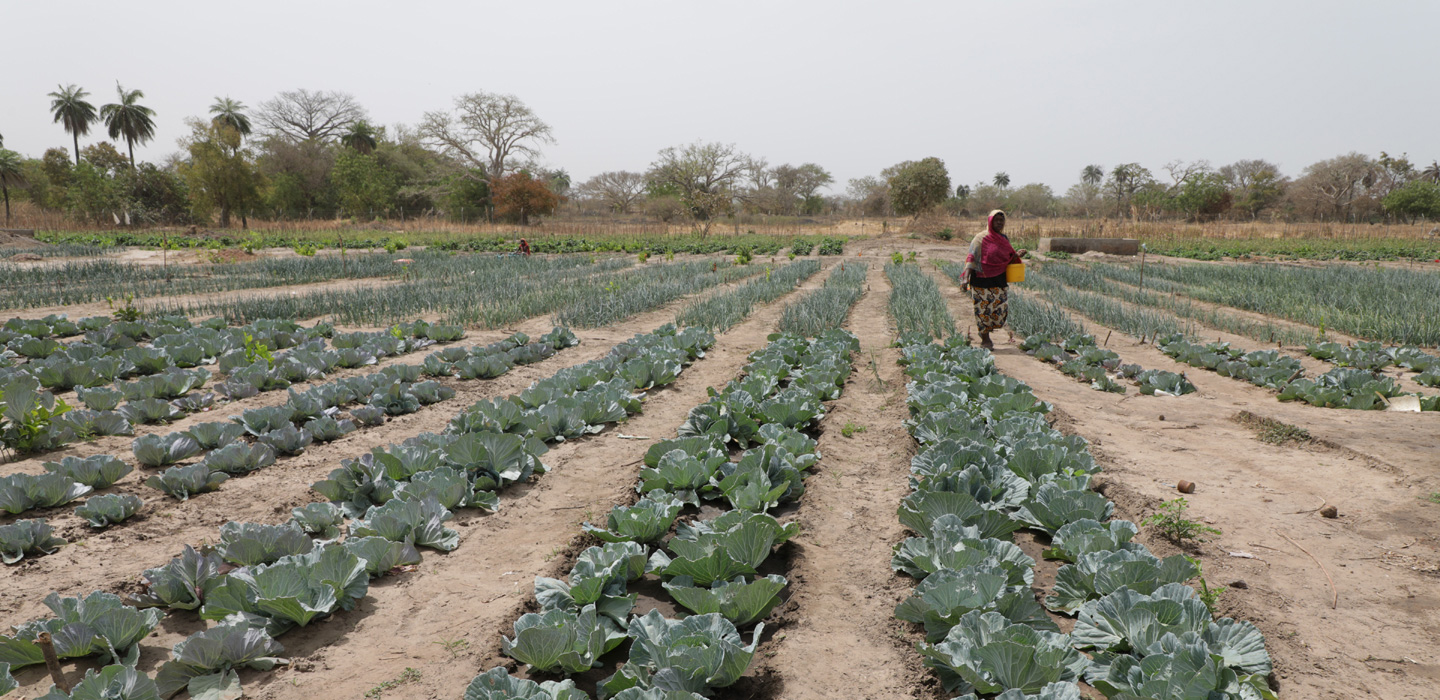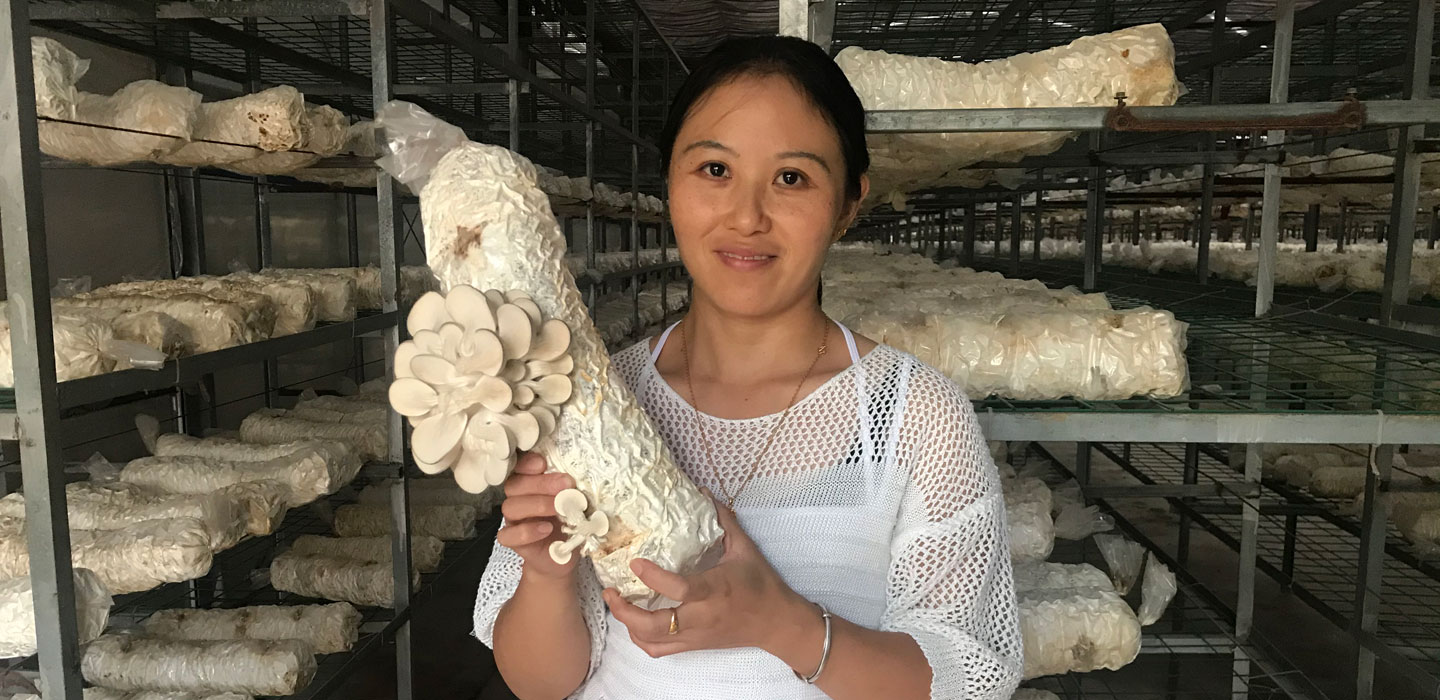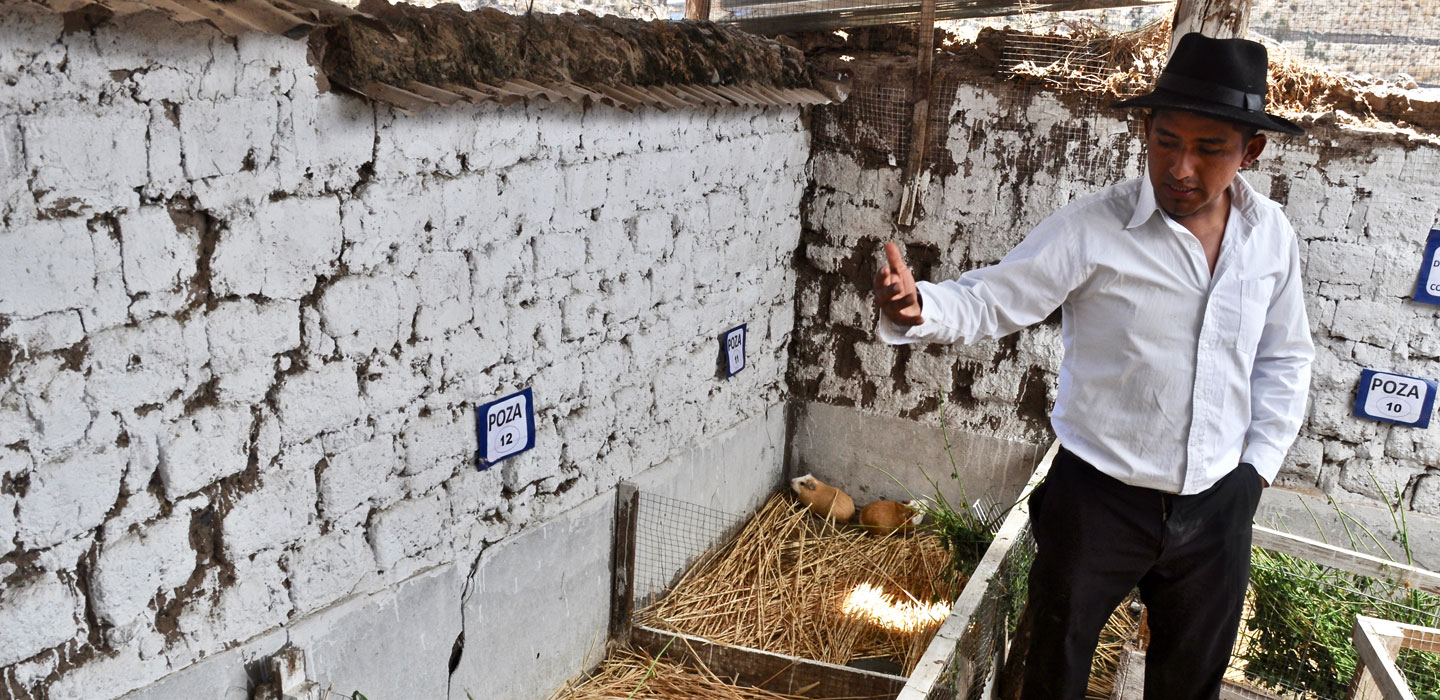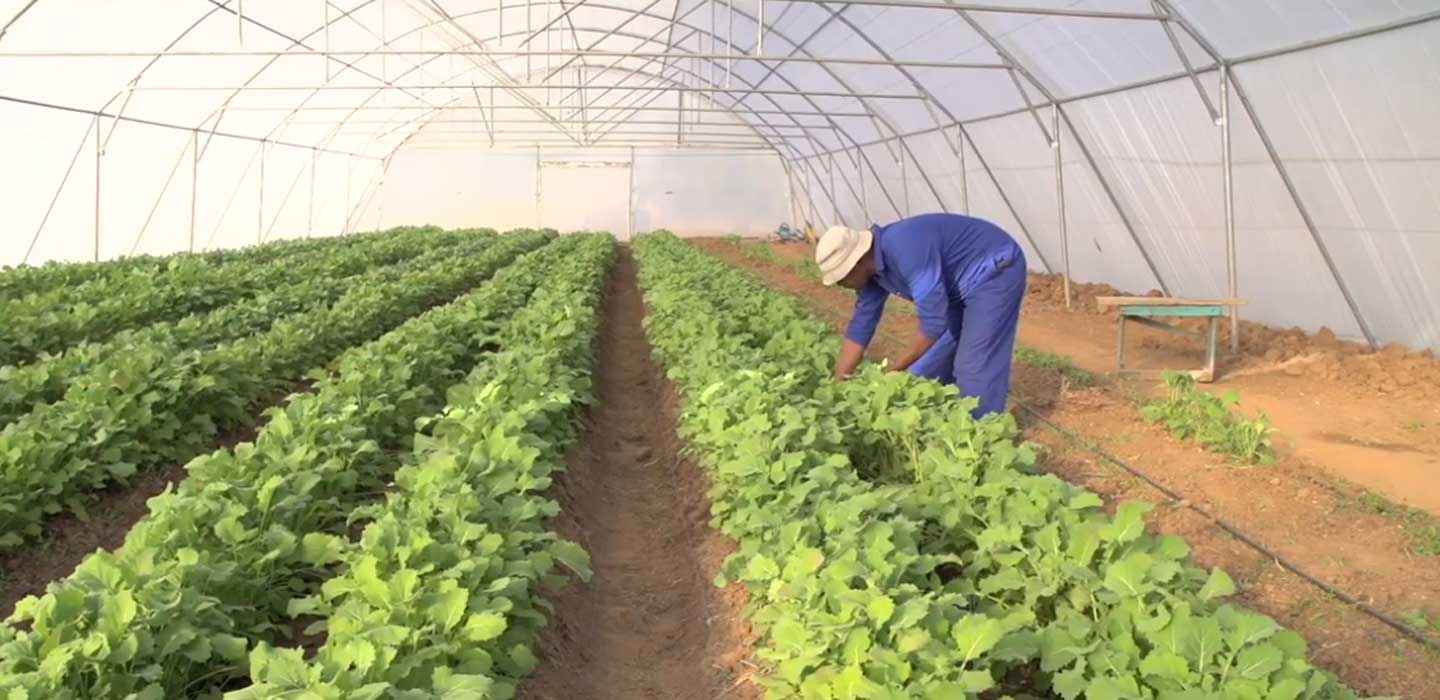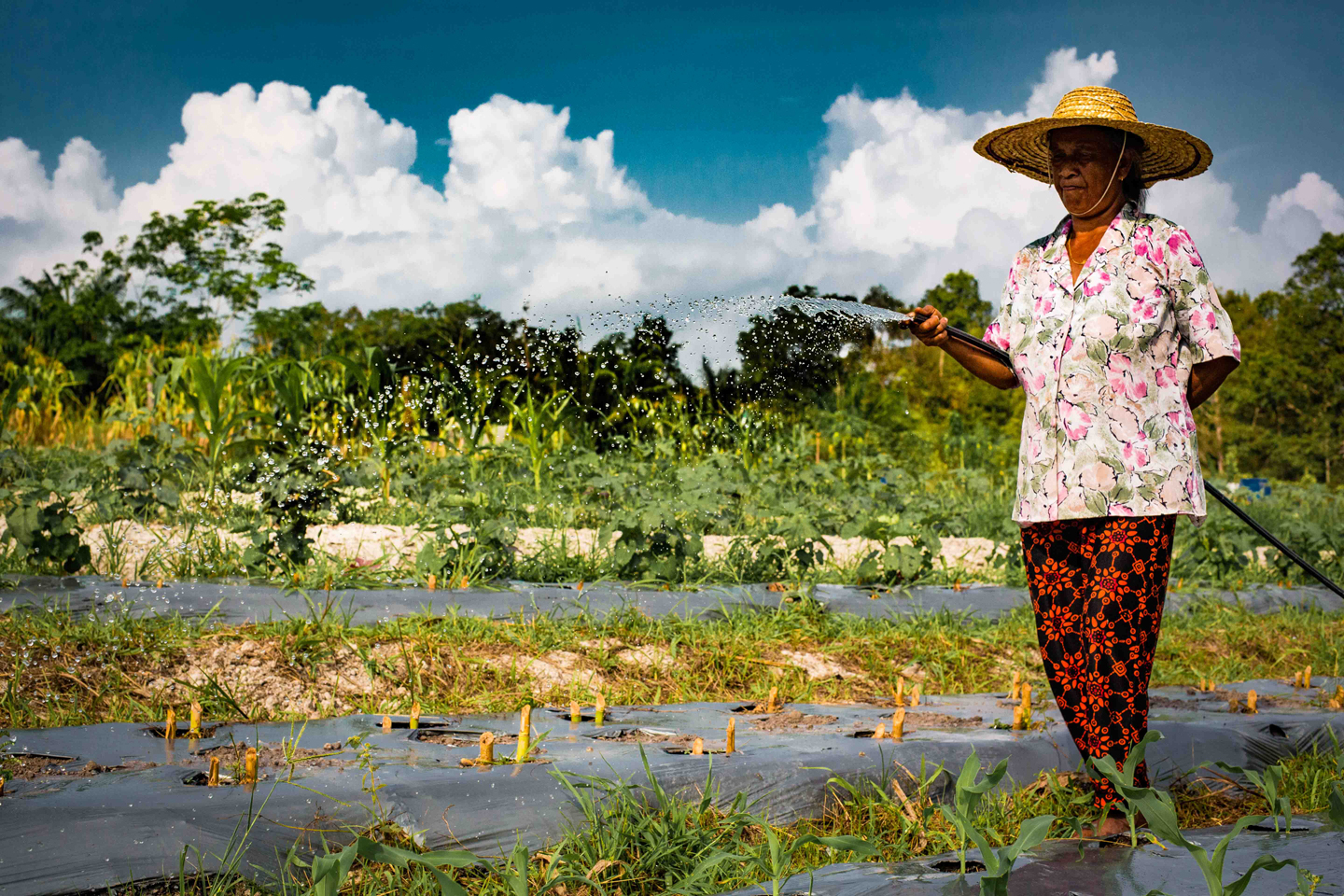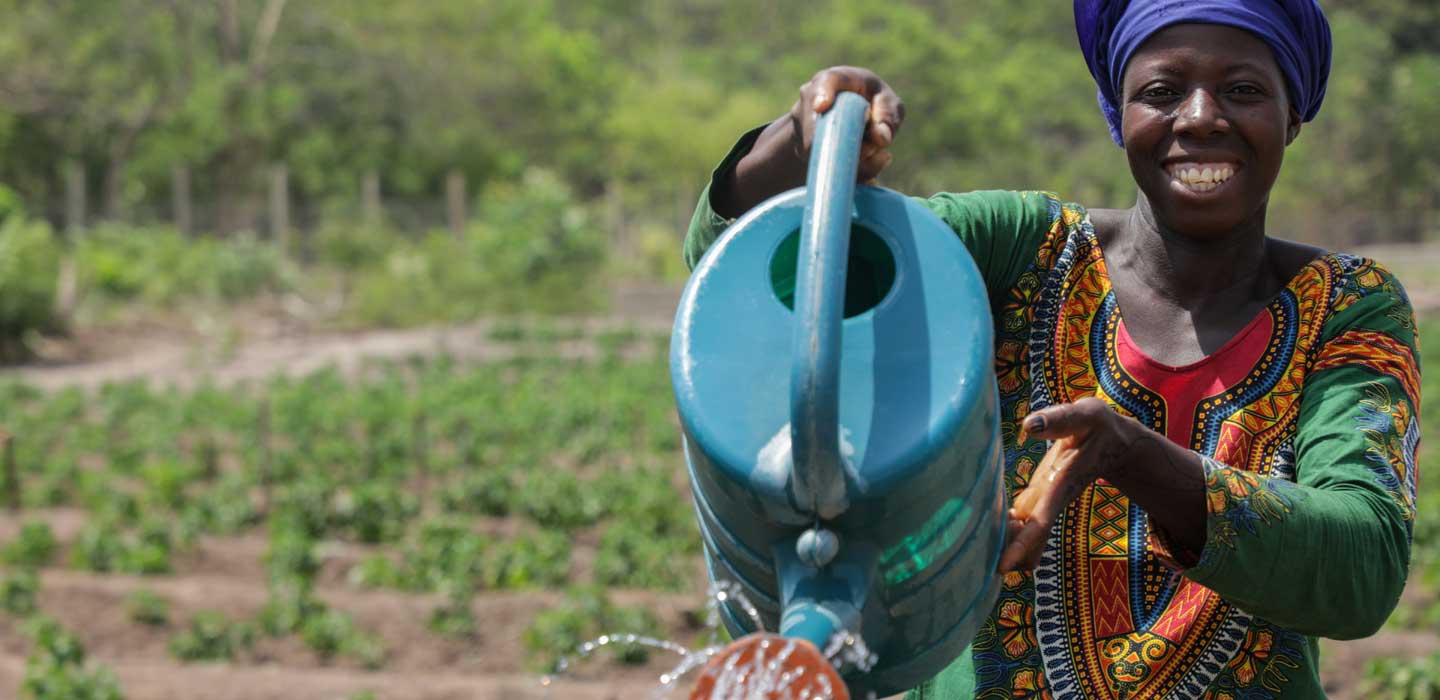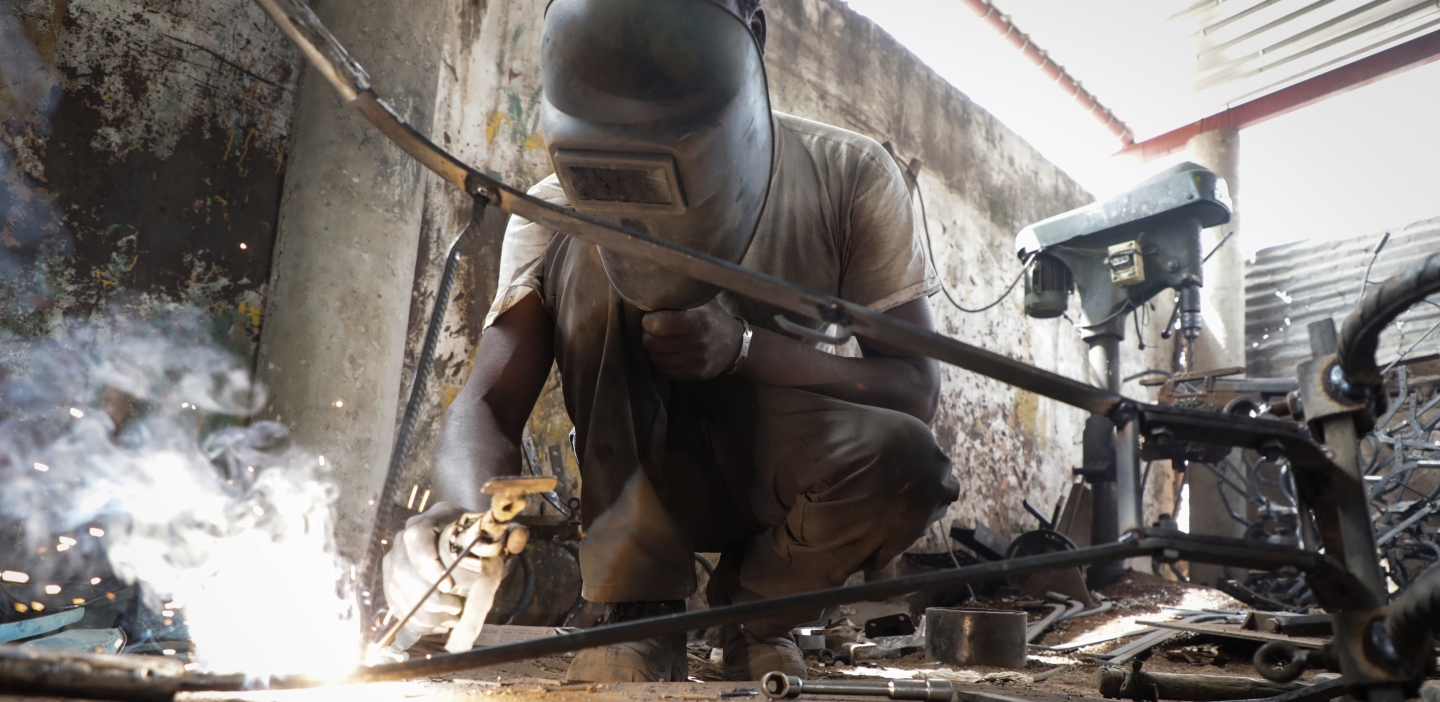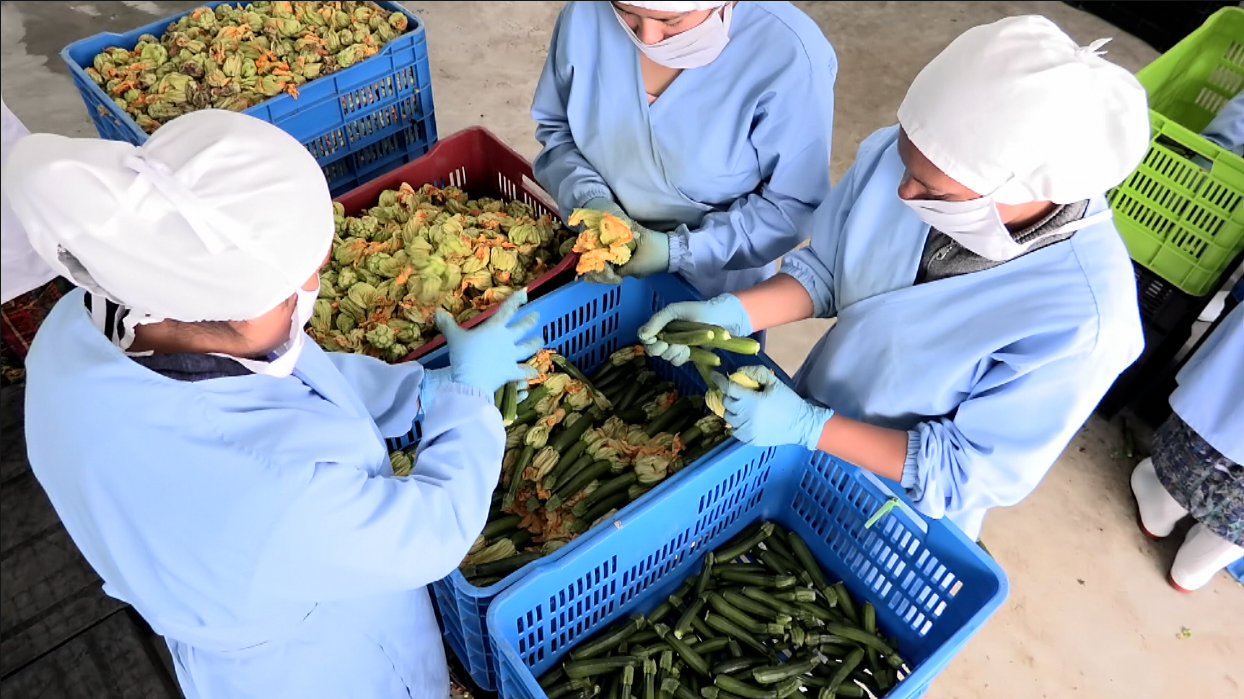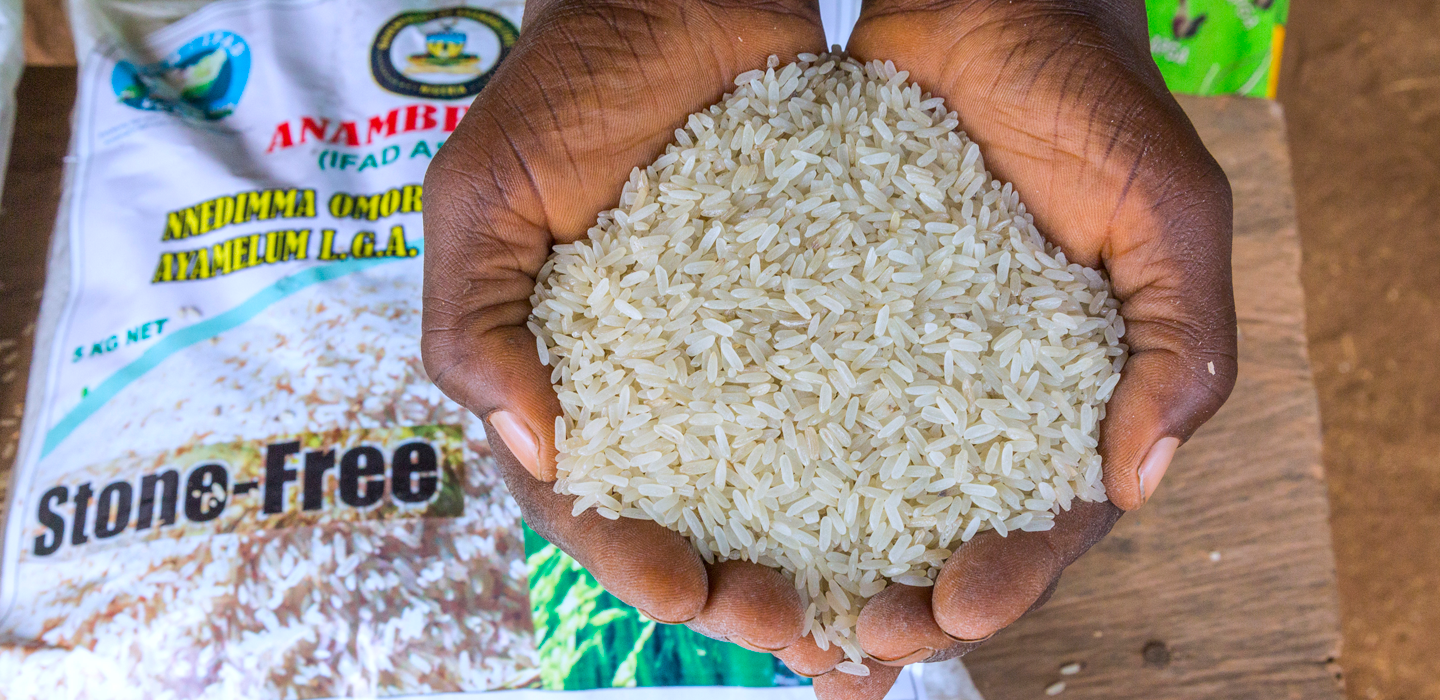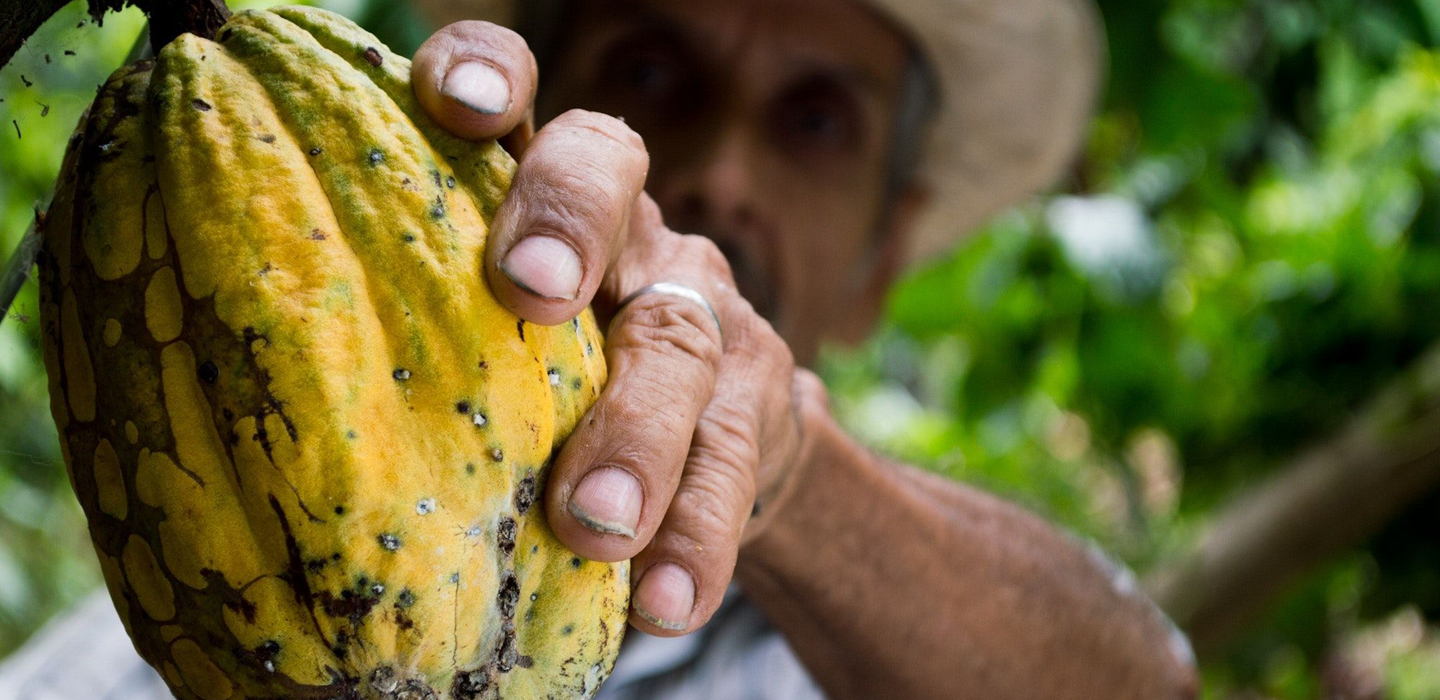Latest
Latest

Latest
Manual Submenu Topics
Search Results Filters
Search Results
Protecting health and protecting livelihoods: a delicate balance in the era of COVID-19
Development encompasses a wide range of actions that enables people, communities and nations to thrive even after projects have ended.
In Brazil, a “quiet revolution” for rural women makes the invisible visible
In north-eastern Brazil, as in so many other places, rural women's work is often invisible. But a revolution is taking place – and IFAD is a part of it.
Fast and flexible: IFAD’s first successful project restructuring protects smallholders in Bosnia and Herzegovina
The COVID-19 outbreak has disrupted agricultural and food systems around the world, along with the livelihoods and food security of the poorest rural communities – precisely the groups of people whom IFAD concentrates its efforts on.
The making of a turning point: A rural Chinese women’s cooperative joins the COVID-19 fight
In 2016, the IFAD-funded YARIP project had partnered with the Qujing Zhanyi District Women’s Federation to transform traditional embroidery art into a new source of income and employment. Qujing, located in the ethnically diverse Yunnan province, is home to the Yi, an ethnic group with a population of about 300,000.
Before and during COVID-19, an e-voucher initiative makes a difference for Kenyan farmers
Victoria Muteti, a 44-year old farmer living in Kenya’s Makueni County, has many reasons to be satisfied. In January 2020, she was able to harvest more than 2,500 kilograms of sorghum from her 2.5-acre farm – far more than the 1,000 kg she harvested in 2019.
Small-scale farmers can help build resilient food systems in a post–COVID-19 world
Before the COVID-19 pandemic, more than 820 million people were living in hunger. Tens of millions more will join them if we do not take the right actions, and quickly.
How do shocks affect project impacts?
Past experience tells us that quick, tailored support is required to ensure that the impacts of our projects are protected from the effects of the COVID-19 crisis.
Shaping a holistic response to COVID-19: Protecting food systems and rural producers
It is easy to lose sight of the big picture when called upon to act quickly in response to the human tragedy caused by COVID-19.
Six ways investing in rural communities makes people healthier
Malnutrition causes health problems and losses in economic productivity. Over the course of their lifetimes, malnourished individuals can earn 10 per cent less than those who are well-nourished.
Rwandan silkworm farmers weave links to global markets
Forty-seven-year-old Rwandan farmer Pierre Kanyarwanda is enthusiastic. For the last five months, he has brought additional money home by applying his newly acquired skills in sericulture (silkworm rearing).
Community gardens pave the way for climate-resilient agriculture in Gambia
Climate change is affecting global food systems in such a way that those who already suffer from hunger and undernutrition are also the most vulnerable to the added threats from climate change.
Specialised production secures better income for rural households in China
The rapid economic growth in China has brought numerous benefits, but also many challenges. Rapid urbanization, environmental vulnerability, an aging population and internal migration of young men is putting pressure on rural agricultural production systems.
Women and youth lead change in Lima's highlands and high rainforest
The resilience of smallholder farmers, coupled with the support of development projects is allowing Peru’s rural people to progress towards better living standards. Women and youth are very often on the frontline of that effort.
A day in the life of a vegetable farmer in Lesotho
Thabo Lefatle owns and runs a small vegetable farm in Lesotho’s Mafeteng district, south of the capital Maseru. He is one of 55,000 smallholder farmers in Lesotho who applied for and won public grants.
Indigenous communities in Malaysia building capacity for resilience through IPAF
The Jakun people is the largest group of the Orang Asli Indigenous Peoples of Malaysia. They have an amazing partnership between people and the forest - looking after it and using only what they need to live. But their traditional livelihoods are at risk.
From farm to market: improving the food value chain through women empowerment in Guinea
Saran Condé is a 30-year-old smallholder farmer in Guinea's Faranah region. She has improved her farming skills and increased her productivity since joining an IFAD supported community garden.
Forging tools to catalyse food production in Senegal
In 1992, Khadim Thiam established a tiny workshop in Tambacounda, Senegal, to produce agricultural equipment, such as hoes, seed drills, ploughs and animal-traction carts.
Guatemala: Leveling the playing field
A group of courageous Guatemalan women set off in 2010 to form their own farming cooperative, "4Pinos" after facing discrimination in the men's cooperative.
The impact of a value chain approach in Nigeria
The IFAD-funded Value Chain Development Programme in Nigeria assists cassava and rice smallholder farmers through a value chain approach to enhance productivity, promote agro-processing and increased access to markets. The programme aims to transform the agricultural sector of rural Nigeria by achieving food security, increasing incomes and creating new employment opportunities.
The illusion of choice
Consumers increasingly want to know whether the food and beverage brands they buy from are doing social and environmental good, including doing right by the smallholder farmers in global food supply chains.
